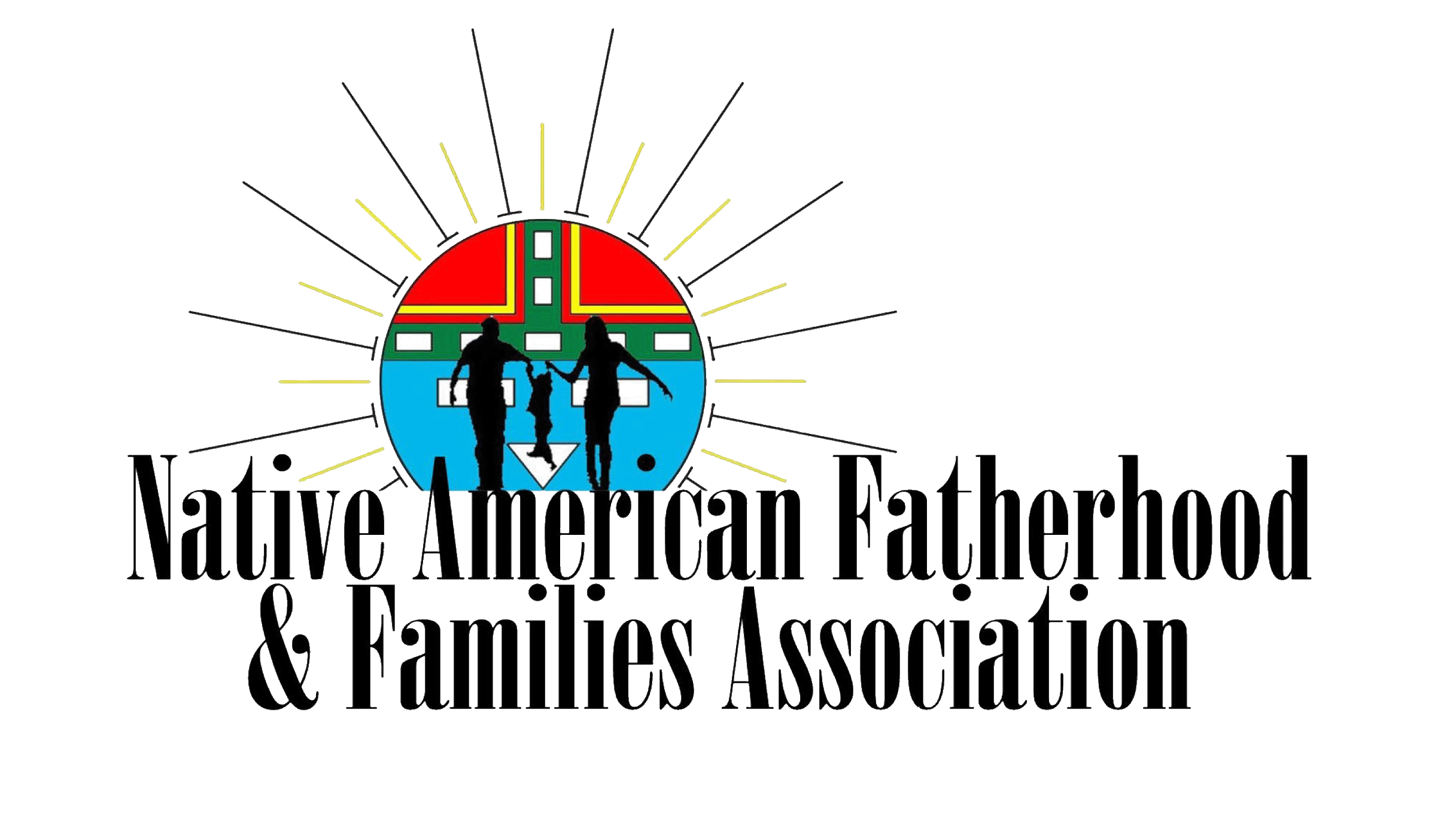A Father’s Involvement with their Children
- Admin
- Jun 17, 2022
- 3 min read
In honor of father's day this weekend, NAFFA wants to say Happy Father's Day to all fathers and post this informative article for fathers.

A fascinating presentation by Dr. Kyle Pruett from Yale University who is a Clinical Professor of Child Psychiatry and Nursing spoke on “The Importance of Male Involvement in the Early Years”. Much of this information is found in his book Fatherneed, published by Penguin Random House in 2001.
His information was so interesting and insightful, that this posting is an overview of what he talked about during his keynote speech at our conference:
We all know that culturally, mothering behaviors typically have clear, identifiable characteristics involving their children with pregnancy and delivery. On the other hand, fathering behaviors have a much broader range of when he is clear to initiate fathering. For many fathers, fathering is not such a cut and dry role model.
The meaning of father involvement is not just a substitute for dads. They can be and are involved much more than most people think. Some roles in fatherhood are economic provider, companion and playmate to their children, teacher and role model, monitor and disciplinarian, protector, advocate and as a whole a unique resource for their children. Other roles might not be as extensive or involved. Depending upon how each father involves himself with his family will determine the success of his children.

Some fathers might understand the importance of his influence, while others do not. What fathers need is the expectation, opportunity and encouragement to be a positive father figure for their children.
How can we create and promote occasions for three of these elements to occur for fathers in our neighborhoods and communities? Here are some ideas:
Protector: From child-proofing a home when the child is very young to making sure their children are not threatened by other children or adults, fathers play an important role in making sure their children are safe and secure. This is particularly important in communities that experience higher rates of violence, gang activity and crime.
Provider: A father’s ability to provide for his family is very much tied up with the average man’s sense of self, duty and manhood. “Real men” bring home the bacon, support their family by the sweat of their brow, tend the fields, work the mines and forests, and fish the seas to earn their keep and generally assume their “breadwinner” responsibility.
Disciplinarian: Fathers often guide their children’s behavior through offering structure, encouraging respect, expecting obedience, and using his low firm voice to get the children attention.
Sometimes fathers may seem to be “too tough” to the moms, but their toughness is rooted in helping children be prepared for real life. From a disciplinary standpoint, they tend to impose consequences more clearly and quickly and then talk about the situation later.

Another aspect of fathering is thought through by many cultures with two truly significant differences between maternal and paternal instincts:
1. Fathers tend to play with their children using their bodies more than mothers do, employing their masculine approaches through tossing, roughhousing, tickling, wrestling and engaging in sports and outdoor activities of different types.
2. Father’s daily interactions tend to focus upon helping their children prepare for the future by emphasizing and role modeling such skills as instilling impulse control, learning to be a good loser and inspiring the work ethic.
There are many areas of a child’s life where a father’s influence will help grow the healthy development of their children. Though the scientific measurement of a father’s involvement might seem very small, the outcomes of children’s lives are great. This is a great blessing to their children.





Comments